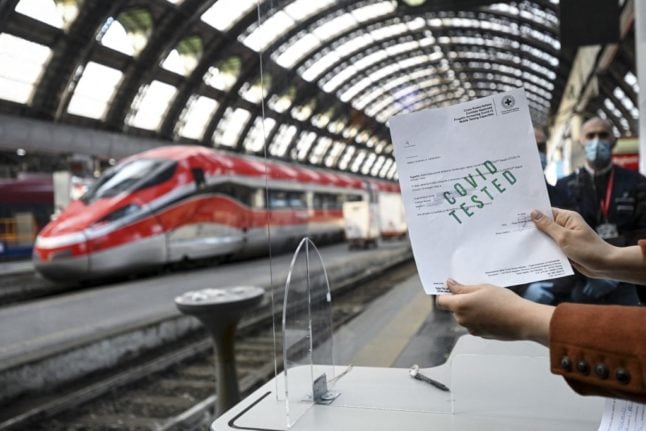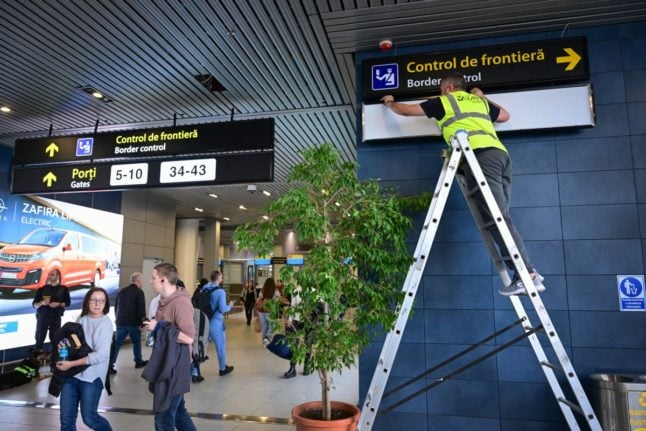“On the green pass, we are ready. It’s a matter of a few days,”.Emergency Commissioner General Francesco Figliuolo told reporters on Wednesday.
In Italy the certificate, also known as a Covid health pass or Covid immunity pass, is expected to be a requirement for travel and attending events this summer.
According to the government’s reopening timetable, the document will be required for those attending events such as wedding receptions and christenings from June 15th onwards.
It is also expected to be a requirement when attending concerts and going to nightclubs in Italy.
The pass will be available to anyone who has either been vaccinated, has tested negative for coronavirus within the past 48 hours, or has recently contracted and recovered from Covid-19.
The certificate, an be used for intra-EU travel from July 1st and should spare travellers the need for quarantine or further testing for travellers.
READ ALSO: Can I use a foreign vaccination certificate to access Italy’s health passport?

The European Commission wants as many EU countries as possible to start issuing the passes earlier than July.
But it relies on countries launching their own digital Covid passes that can be recognised across the EU. The EU will not produce its own app or one standard document.
READ ALSO: How to prove you have recovered from Covid-19 in Italy
As of Wednesday, nine EU countries were already issuing their version of the certificates – not including Italy.
Italian Tourism Minister Massimo Garavaglia has stated that he would like to see the passes introduced earlier – as they are already being used by the competing tourist destinations of Greece, Spain and Croatia.
READ ALSO: How will the EU’s Covid passports work for travellers?
A spokesman for the EU Commission told The Local: “Every member state will need to develop their national implementation for the EU Digital Covid Certificate. National wallet apps could be developed, but are not the only option. Integration in existing tracing or other apps, commercial solutions, digital storage of PDFs and of course paper certificates are also possible.”
The EU Digital Covid Certificate can be presented either in digital format, on a smartphone for example, or printed out on paper.
It features a QR code for verification, which border officials and venue staff can use to check against digital signatures stored securely in Luxembourg servers.



 Please whitelist us to continue reading.
Please whitelist us to continue reading.
Can a US citizen tourist get in on this?
Looking forward to these answers
I will be following this thread